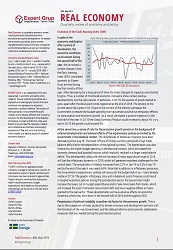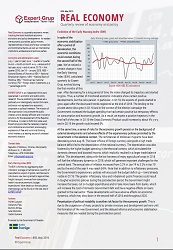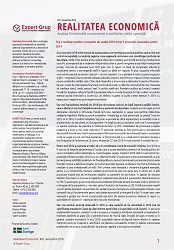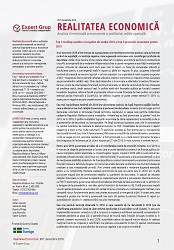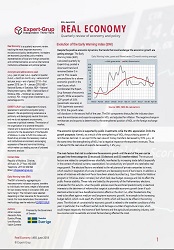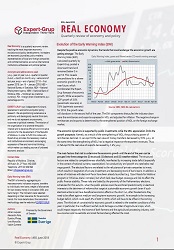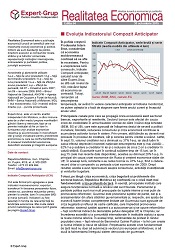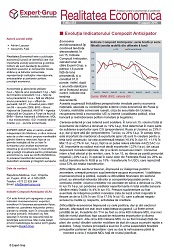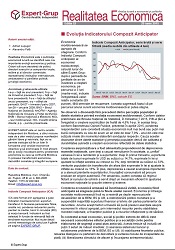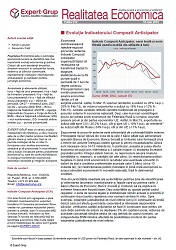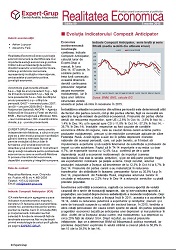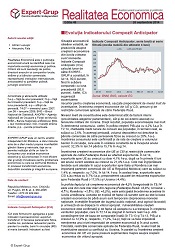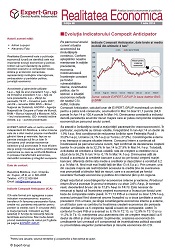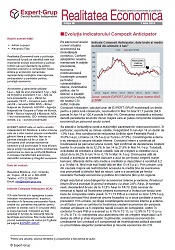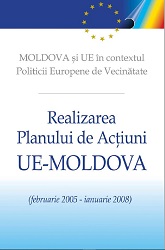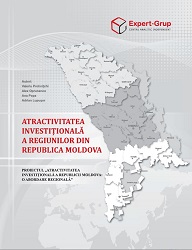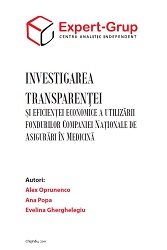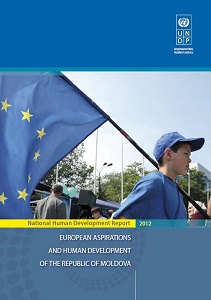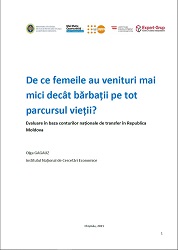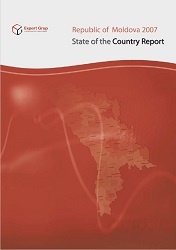
2007 State of the Country - REPUBLIC of MOLDOWA
2007 State of the Country - REPUBLIC of MOLDOWA
Although, development and modernization of the Republic of Moldova has constantly been on the agenda of the public authorities, civil society and the international community, there has been limited progress in initiating public debates on trends and policies affecting welfare in a long run perspective. The State of Country Report 2007 contains a series of analytical studies that offer some solutions to the problems specific to the process of policy making and policy planning in the Republic of Moldova. The main goal of this collective intellectual effort is to provide those that have the power to decide on key policy issues with an analytical instrument that would facilitate the process of understanding the main social and economic trends and evaluate the available alternatives at their disposal to achieve a specific goal. Because of the combination of a sectorial approach with a global view of the process and perspectives of Moldova's development, this report is unique in its genre. Moreover, the survey conducted within the framework of the report sheds light on citizens' pessimistic view on the current state of affairs. In order to overcome this socially sub-optimal equilibrium, the authors point out to a series of challenges and opportunities which should be taken into account by the current and future generations of policy makers.
More...
